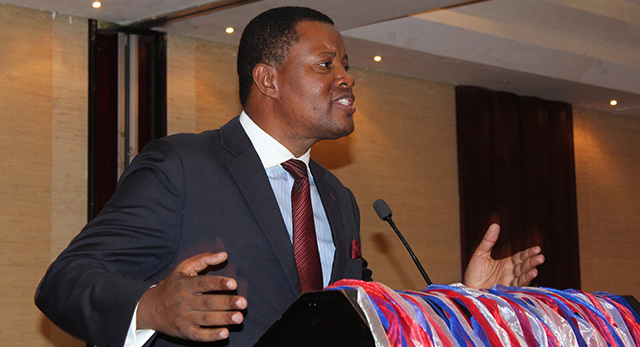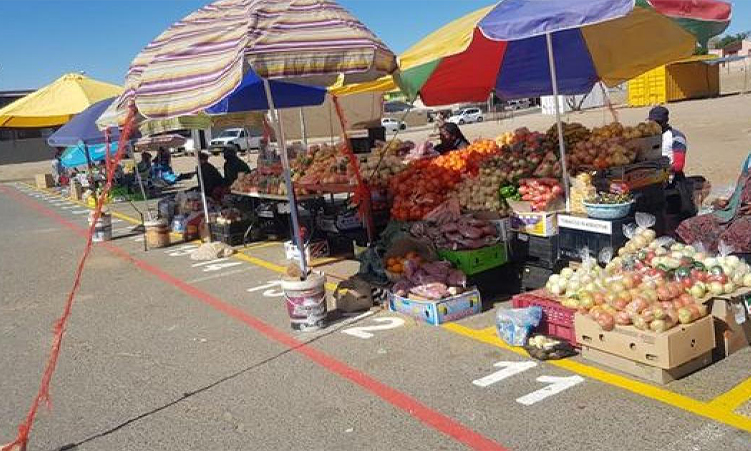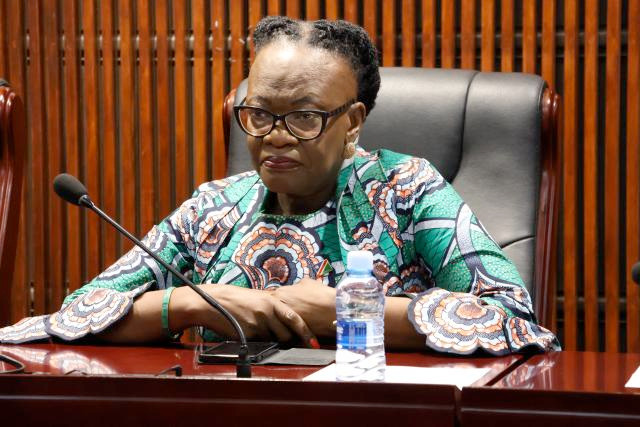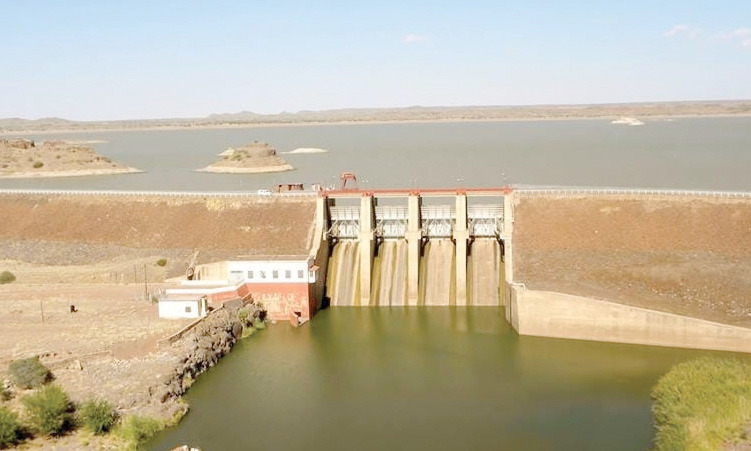Popular Democratic Movement (PDM) leader McHenry Venaani says the escalating cost of living is threatening a dignified livelihood for all Namibians.
Venaani said this in a statement yesterday.
This follows latest data from the Namibia Statistics Agency (NSA), which indicates that the Khomas region has recorded a 5% surge in living costs.
“We take note that many regions are closely following behind with a 4,6% increase, indicating that this is not a localised issue, but rather represents a nationwide hindrance to the quality of life,” Venaani said.
The increase is due to the exponential increase of prices of essential goods and services, such as food, transport, housing, electricity, gas and other fuels.
“The citizenry is already significantly strained due to the heightened cost of living,” he said.
The politician said the cost of living exacerbates an already high multidimensional poverty index.
Venaani called on the government to take immediate and decisive action to address the alarming rise in the cost of living across the country.
“Chiefly, at the very top of economic policy should be strategies that increase internal production and reduce over-reliance on imports of food and other complementary goods,” he said.
He said these strategies should have a reinvigorated approach to agriculture, investment in modern farming techniques and support of food production so that this is not at the mercy of global supply chains and price volatilities.
“There is the need to address deep-lying structural factors that feed into inflation, including limited domestic production, the high cost of imports and bottlenecks in the energy sector,” he said.
Venaani urged the government to adjust the current monetary policy framework.

‘CRITICAL THREAT’
Social justice activist Nafimane Hamukoshi says the escalating cost of living in Namibia is a critical threat to the average household’s stability and well-being.
“The recent 5% surge in living costs . . . is not just a statistic; it represents a tangible struggle for families who are already facing economic hardships,” she says. She says many households are forced to make difficult choices, often sacrificing basic needs to cope with rising expenses.
“This situation breeds frustration and disillusionment among the youth, who feel their aspirations for education and employment are being stifled by an economy that seems increasingly out of reach,” Hamukoshi says.
She says there are risks of economic stagnation and social unrest as communities become more polarised.
“It is imperative that our government responds decisively to this crisis, otherwise we may find ourselves grappling with long-term consequences that could destabilise our society and hinder our collective progress towards a prosperous future,” she says.
‘CONTROL INFLATION’
Economist Omu Kakujaha-Matundu says increasing the repo rate is a sure measure to control inflation, bringing prices down and reducing the cost of living.
“The most potent tool in the hands of the monetary authority, the Bank of Namibia, is the repo rate. There is, however, a time lag between repo rate adjustment and inflation, making the pain of high borrowing cost and the cost of living intolerable,” he says. He says monetary policy instruments work well in case demand pulls inflation.
“In the case of Namibia, we are facing a supply side constraint. Increasing the repo rate would affect the borrowing cost to businesses and private households alike, affecting economic growth adversely,” he says.
Monetary policy works well if it works in tandem with fiscal policy.
When the repo rate goes up, the government should reduce spending so as to bring inflation down, Kakujaha-Matundu says.
He says reducing spending is unwise under current government austerity measures, rendering both monetary and fiscal policy ineffective.
“Since most of Namibia’s inflation is imported, one sustainable way to keep the high cost of living in check is to ramp up the local production of essential goods such as food, electricity and water.” Kakujaha-Matundu says the cost of living crisis is compounded by the country’s high levels of unemployment.
Stay informed with The Namibian – your source for credible journalism. Get in-depth reporting and opinions for
only N$85 a month. Invest in journalism, invest in democracy –
Subscribe Now!










